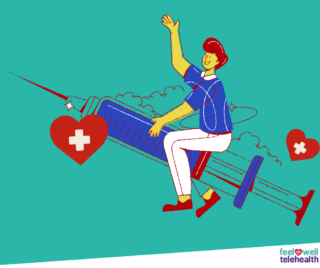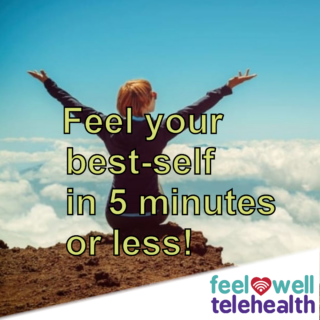

Taking care of yourself during the holidays is not selfish; it’s essential. When you prioritize your mental, emotional, and physical health, you not only feel better but also create a more harmonious atmosphere for your loved ones.
The holiday season is often portrayed as a magical time filled with joy, love, and celebration. But for many, it can also be a time of stress, loneliness, or emotional challenges. Whether it’s the pressure to meet expectations, the absence of loved ones, or personal struggles, the season can feel overwhelming. It’s important to acknowledge these feelings and remember that you’re not alone.
Here are 6 practical ways to find balance this holiday season:
- Set Realistic Expectations
The holidays don’t have to be perfect. Let go of the pressure to do everything and focus on what truly matters to you. Whether it’s a simple meal or a heartfelt gift, prioritize meaningful moments over perfection.











